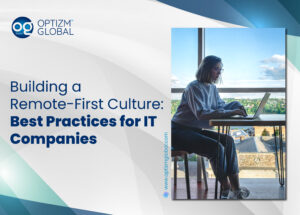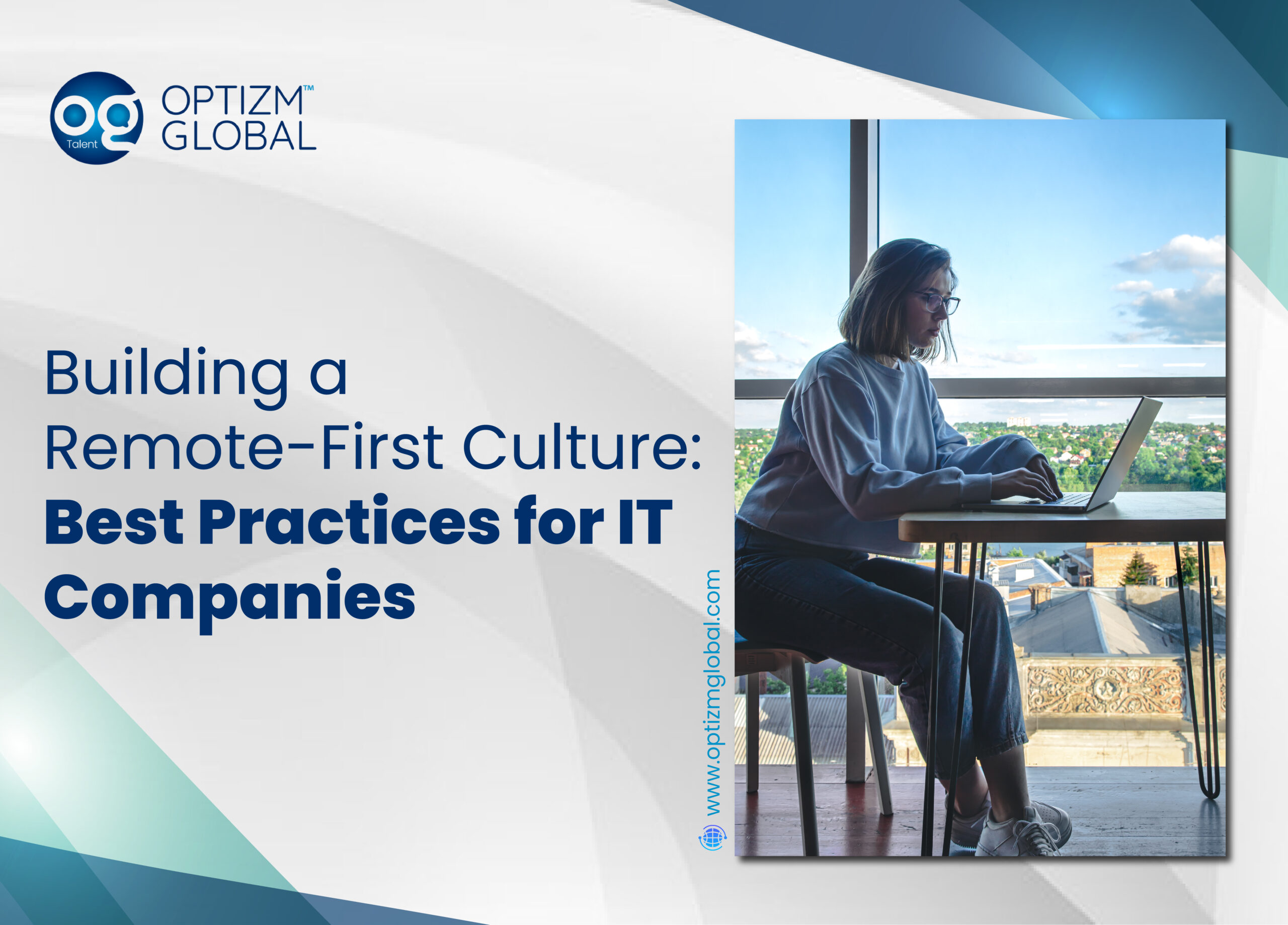As a startup, you probably have to do everything yourself. That includes the hiring process for your team. But that doesn’t mean you should settle for just anyone — especially when it comes to finding new employees who can help grow your business.
DON’T MAKE EXCUSES FOR SALARY
When you’re recruiting, it’s important to be able to pay competitive salaries. This is especially true for startups as they don’t have the resources of larger companies.
However, there are ways around this. You can compensate your employees by offering them other benefits such as stock options and bonuses based on performance or meeting certain objectives within your company. If a candidate is interested in joining your startup and they have received offers from other companies with similar salaries, but without those kinds of perks then they will likely choose you over those other companies.
FIND PEOPLE WITH THE SAME VALUES — AND GOALS
It’s not enough to just have the right skills, knowledge, and experience. You should also have a lot of common ground with the company you’re joining. You need to align your values with their company’s values, as well as your goals with theirs.
For example, if you value being creative (i.e., you like creating new things) but are joining a company that prefers employees who follow rules and procedures (i.e., they don’t want people creating anything), then this may not be the best fit for either party involved. Or perhaps one person wants to work for a startup because it allows him/her to learn fast; another person doesn’t want any type of instability at all in his/her life right now—he/she just wants steady employment with good benefits and retirement plans at an established company where he/she knows exactly what he’ll be doing next week or even next year (or five years from now).
HIRING IS ALWAYS ABOUT FIT
The first thing to remember about hiring is that it’s always about fit. The word “fit” can mean many things, but in this case, I’m talking about how well the candidate will be able to perform their job duties once hired. This means looking at skills, experience, and education, but also culture fit and even personal style (for example: do they wear a suit or jeans?).
This is an important distinction because it means you’re not just looking for someone who has all the right qualifications on paper—they need to be able to do the work as well. If they can’t do what needs to be done for your business to succeed then they aren’t qualified at all!
HAVE A CHECKLIST FOR YOUR INTERVIEW PROCESS
When you’re hiring, it’s important to make sure you’re asking the right questions. Here are some ideas for different types of interview questions:
Senior-level employees
- What experience have you had with [relevant topic]?
- What projects were most challenging for you?
- How did you handle a situation where [specific problem] occurred?
- How would your coworkers describe your work ethic?
- What are your goals for the next few years?
Mid-level employees
- What do you like about working at [company name]?
- How would you describe our culture?
- What’s the biggest challenge at this company right now?
- What are the most important things we can do to improve our product/service/etc.?
Junior-level employees
- Why do you want to work here?
- What do you know about [company name] and its mission?
- Why should we hire YOU specifically for this job?
- What kind of training you will need to succeed in this position, and how long will it take you to get up to speed on them?
GET TO KNOW YOUR CANDIDATES
To get to know your candidates, you need to ask questions that go beyond their experience and skills. Ask them about what they like to do in their free time, what their goals are, and how they’ve made it through difficult situations in the past.
By asking these types of questions, you not only get a better idea of your candidate’s personality but also learn how they handle stressful or challenging situations.
If your startup is a fast-paced environment where employees must work under pressure with little guidance from management (like many early-stage startups), this kind of insight could be key for determining whether or not a person would be able to thrive at your company.
HAVE FUN!
If you don’t have fun at work, you’re doing it wrong. Enjoying what you do is the most important thing when it comes to attracting and retaining talent. You can’t force it, but there are ways to make sure your team is having a good time while they work:
- Don’t take yourself too seriously – people love a good laugh! If something funny happens, share it with the team through email or Slack (or better yet, get out of the office and go for lunch). It doesn’t have to be all about just laughing though; celebrating milestones as a company can also help encourage everyone’s morale.
- Don’t forget to laugh – laughter helps reduce stress levels which means better focus in the long run! Whenever possible try incorporating humor into daily conversations; this will not only improve communication skills but also increase productivity by helping employees get through less stressful times together instead of letting frustration build up until one person finally explodes about something trivial like someone eating too much pizza at lunchtime (it happens).
You can only be who you are, but that doesn’t mean you have to settle for just anyone.
When you’re starting a business, you want to do everything right. The last thing you want is someone in your office who doesn’t fit into the company culture.
However, how do you find those people? How can you tell if they are going to be a good fit?
It all boils down to two things: being yourself and being professional. You have to be yourself because otherwise people will see through your act and realize that this isn’t what they signed up for. And when someone realizes that something isn’t right about your company culture, whether it’s the way things are run or just something about it that rubs them the wrong way, then they’re going to leave—and probably won’t come back again anytime soon!
In other words: don’t settle for less than what’s expected from each member within any given team environment!
CONCLUSION
No one wants to work for a company that doesn’t have the same values and goals as them. That’s why it’s important to find people with the same values, and make sure they’re aligned with what you want from your startup. You’ll have more success in hiring great talent if you do this!












